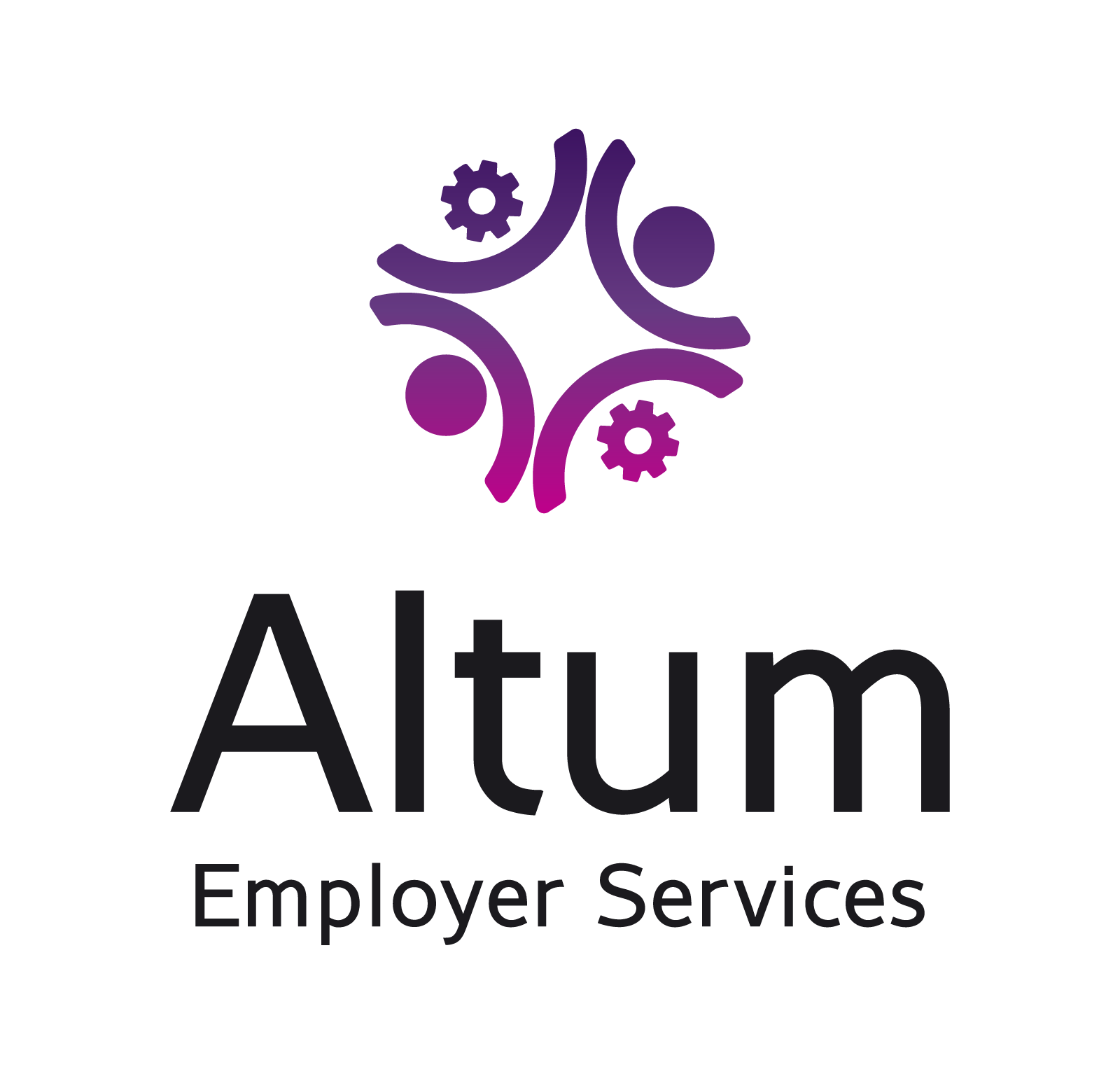Will your workplace change after ‘Freedom Day 2021’?
The UK government’s so-called ‘Freedom Day’ is upon us, with many rules set to change from July 19. In an address to the nation on July 12, Prime Minister Boris Johnson was cautious in his approach – advising citizens to use their common sense on a case-by-case basis.
While one example of this was wearing masks in enclosed spaces, the implications for the workplace are far greater. We spoke to our Senior HR Consultant Tara Phillips for her thoughts on the latest changes
Face masks and PPE
In his speech, Mr Johnson advised “[wearing] a face covering in crowded and closed spaces where you come into contact with those you don’t normally meet”. Tara suggests maintaining this for retail or other public-facing environments, such as nursing home visitors.
“Wearing masks in a ‘people constant’ environment, such as offices, may cease,” says Tara. “However, employers should support those who wish to continue wearing a mask. Failure to do this could be deemed discriminatory on the basis of disability. For example, they may be medically unable to have a vaccination.”
Working from home
As Covid cases continue to rise, many employees may feel anxious to return to the workplace. This may explain the government’s relaxed approach – giving people the freedom to return to the office, but in no way expecting it.
Tara says: “Many businesses have already adapted to a working from home strategy. However, many of us have been working remotely for 18 months. This change hasn’t been easy to accommodate, so employers need to take care in this area.”
Specifically, employers should look at general health and safety (for example, an ergonomic home workspace versus a sanitised office) as well as mental health. “Employers should consider change management exercises, leadership development and communication training.”
The notorious “Covid pass”
One thing that may be extended to the workplace is the controversial “Covid pass”. In his speech, Mr Johnson urged nightclubs to exercise “social responsibility” by way of using the NHS Covid pass. The pass states that the holder has one of the following:
- Proof of vaccination (double dose, except for the single-dose Janssen vaccine)
- A negative lateral flow or PCR test
- Proof of natural immunity.
Tara stresses that these passes are digital and are not permanent. Specifically, the pass lasts for 28 days after a double vaccine (after which it auto-renews, though holders should check). It is only valid for 48 hours following a negative lateral flow or PCR test, and 180 days after a positive PCR (once you have recovered).
“At this stage, I think it’s highly unlikely that Covid passes will become auditable in the workplace,” says Tara.
Rather, employers should seek to use these passes to their advantage. For example, workplaces may wish to enforce Covid passes for visitors, as these people are not part of the “constant” in the office. “Visitor Covid passes are a responsible way for employers to manage staff safety, though they should be cautious. We have learnt now that both the vaccine and previously having had Covid do not guarantee we won’t contract it again.
“Employers should consider these passes in conjunction with regular lateral flow testing and test and trace information.”
Government Support
The Prime Minister suggested “further summer return to work guidance” would be rolled out. In an online update on July 12, the government set out five measures in the “summer roadmap”:
- Reinforce our wall of defence through booster jabs and better vaccine uptake rates
- Enable the public to make informed decisions through guidance, not laws
- Retain test, trace and isolate plans in line with international comparators
- Manage border risks and support a global response
- Retain contingency measures in response to “unexpected events”.
The government has also published information for the clinically extremely vulnerable. Employers continue to have a legal responsibility to protect their employees, and these employees may be able to apply for Access to Work grants.
Likewise, self-isolation enforcement will continue until the end of September through the track and trace systems. Those who cannot work from home may be able to claim a £500 grant from their local authority, and they can also apply for medicine delivery.
Furlough
As yet, some return-to-work plans remain unconfirmed, such as changes to risk assessments and holiday management. Tara says: “It will be interesting to see if information from Public Health England changes in line with case numbers.”
The furlough scheme is currently on schedule to continue until September 30, though government contributions have dropped from 80 to 70% since July 1. Employee wages will not be affected, but employers must now cover the extra 10% – which they should factor into their cash flows and internal communications.
What will you change?
As ever, the only thing that remains certain throughout this pandemic is uncertainty. As the government continues to offer us “guidance” rather than laws, employers should be cautious in their approach.
For the optimum safety of all staff, employers should continue to stick to the law – specifically, health and safety. If any situation endangers a staff member, be it through lack of PPE or mental health, then changes must be made.
Contact Altum HR for safe return to work guidance today.
